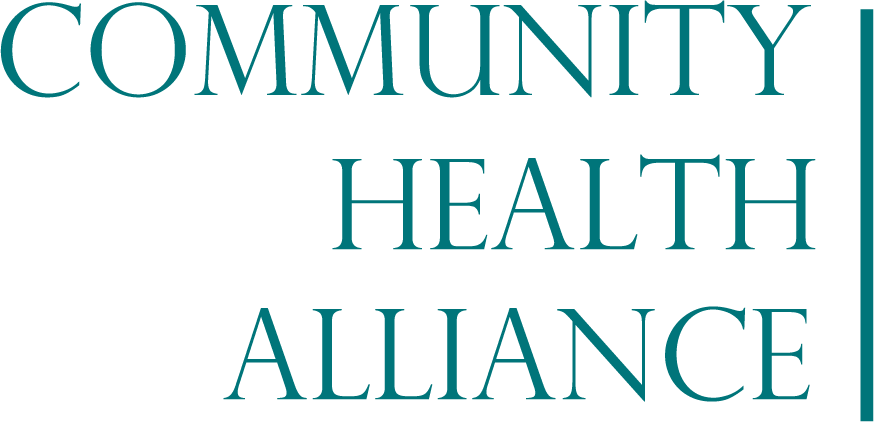STI Awareness Month
April is STI Awareness Month
Sexually transmitted infections (STI) Awareness Month provides an opportunity to raise awareness about STIs and how they impact our lives, reduce STI-related stigma, fear, and discrimination; and ensure people have the tools and knowledge to prevent, test for, and treat STIs. The American Sexual Health Association promotes sexuality as a normal, healthy, and positive aspect of human life.
What is an STI?
Sexually transmitted diseases (STDs) — or sexually transmitted infections (STIs) — are generally acquired by sexual contact. Bacteria, viruses, or parasites cause STDs. STIs are passed from person to person through blood, semen, vaginal, and other bodily fluids. One in five people in the United States has an STI – totaling nearly 68 million infections in 2018. STIs can also be passed nonsexually, such as from mothers to their infants during pregnancy or childbirth, through blood transfusions, or by sharing needles.
STI Symptoms
STIs have a range of signs and symptoms; they also can have no symptoms. STIs can go unnoticed until complications occur or a partner is diagnosed. Signs and symptoms include:
- Sores/Bumps on the genitals or in the oral or rectal area
- Painful or burning urination
- Discharge from the penis
- Unusual or odorous vaginal discharge
- Unusual vaginal bleeding
- Pain during sex
- Sore, swollen lymph nodes, particularly in the groin
- Lower abdominal pain
- Fever
- A rash over the trunk, hands, or feet
Signs and symptoms may appear a few days after exposure. However, it may take years before you have any noticeable problems, depending on the type of STI.
Learn more about STIs here.
Common Types of STIs
- Chlamydia – Chlamydia is a common, but treatable STI. If left untreated, chlamydia can lead to infertility
- Gonorrhea – Gonorrhea is a common STI, but can be treated with the right medication. If left untreated, gonorrhea can cause very serious health problems.
- Hepatitis B – Hepatitis is the leading cause of liver cancer and the most common reason for liver transplants
- Herpes – Herpes is a common STI; most people with the infection do not know they have it. There are medicines available that can prevent or shorten outbreaks.
- Human immunodeficiency virus (HIV) – HIV weakens a person’s immune system by destroying important cells that fight disease and infection. With proper medication, HIV can be controlled.
- Human Papillomavirus (HPV) – HPV is the most common STI in the United States, but most people with HPV have no symptoms. HPV can cause health effects but can be prevented with vaccines.
- Syphilis – Syphilis can have very serious problems when left untreated. It is simple to cure with the right treatment.
How to Prevent STIs
- Use latex condoms every time you have sex. Condoms are not 100 percent effective at preventing disease but they are extremely effective if used properly
- Avoid sharing towels or undergarments
- Wash before and after intercourse
- Get vaccinated for Hepatitis B and HPV
- Get tested for HIV (CDC recommends that everyone between the ages of 13 and 64 gets tested for HIV at least once as part of routine health care)
- Get tested in between each new partner
Nevada STI Statistics
- Nevada ranks 5th in the United States for primary and secondary syphilis
- Nevada ranks 24th for chlamydia infection
- Nevada ranks 18th for gonorrheal infections
STI Stigma
The American Sexual Health Association (ASHA) is bringing attention to the importance of STI testing this month. Their campaign is YES Means TEST. The only way to know if you have an STI is to get tested. Anyone who is sexually active is at risk of getting and spreading an STI. Read this article to see why sexually transmitted infections have a stigma.
Care at Community Health Alliance
At Community Health Alliance we ensure that every person has access to basic, preventative reproductive health care. Community Health Alliance receives Title X federal funding, ensuring every person access to reproductive health care. This includes wellness exams, cervical and breast cancer screenings, birth control, testing, and treatment for sexually transmitted infections.
Make an appointment with a medical provider at Community Health Alliance
Sign Up for Our Newsletter
SubscribeSign Up for Our Newsletter
By submitting this form, you are consenting to receive marketing emails from: Community Health Alliance. You can revoke your consent to receive emails at any time by using the SafeUnsubscribe® link, found at the bottom of every email. Emails are serviced by Constant Contact
By submitting this form, you are consenting to receive marketing emails from: Community Health Alliance, 680 S. Rock Blvd, Reno, NV, 89502, https://www.chanevada.org. You can revoke your consent to receive emails at any time by using the SafeUnsubscribe link found at the bottom of every email.


